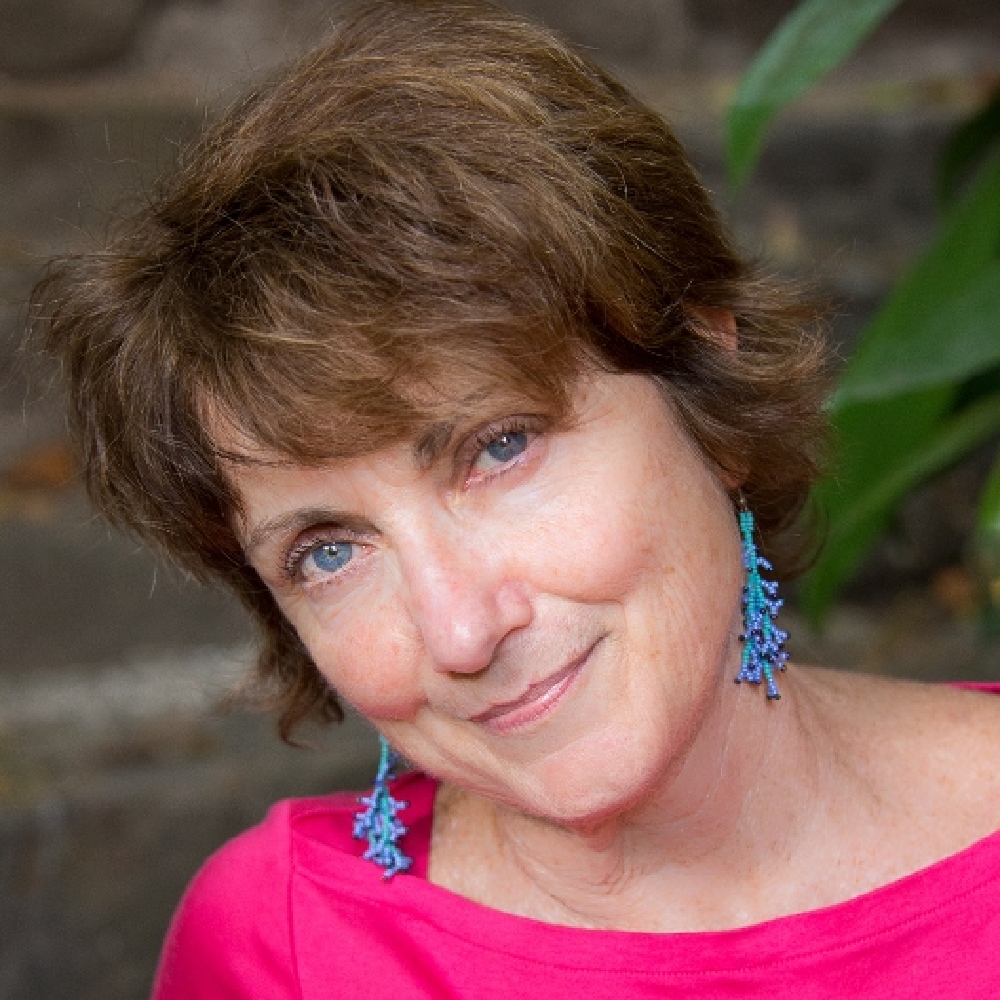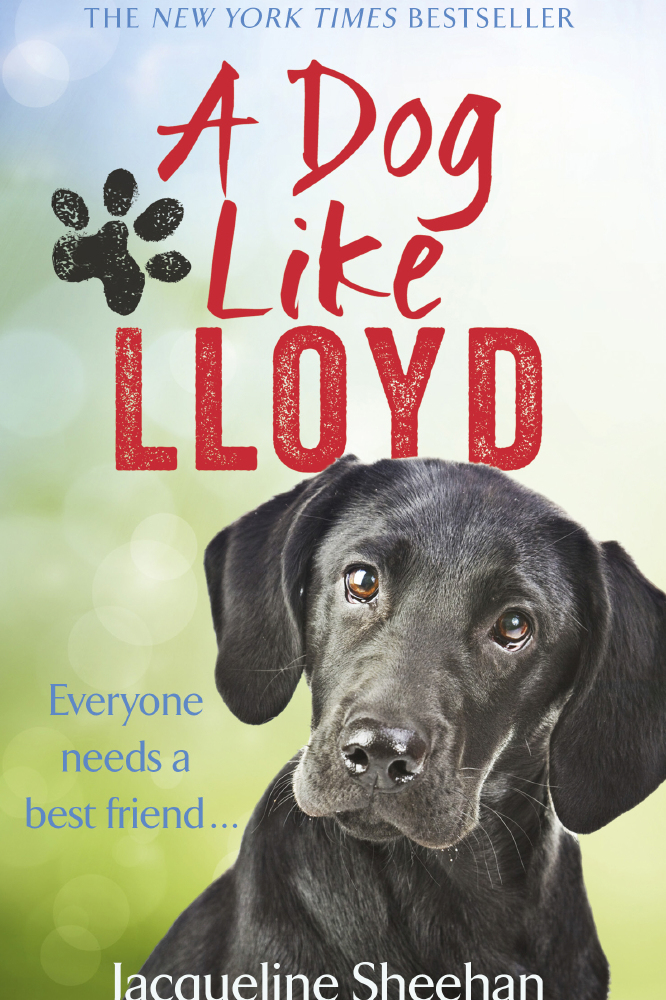A strong background in psychology can offer an advantage when writing fiction. What motivates a character to dispose of her husband’s ashes in a bizarre manner? Why would an intelligent and athletic teenaged girl decide that food must be earned by acts of deprivation and sacrifice?

Jacqueline Sheehan
This is our daily oxygen; we figure out why people do the things that they do. I have been a psychologist since 1989, and in A Dog Like Lloyd, I make full use of my clinical background to give depth and texture to a book about the complexities of grief. But what mattered more than all the human psychology, was the power of a soulful relationship with a dog.
I am convinced that therapy works for some of the people some of the time. While that is not a ringing endorsement of psychotherapy, it is true. I am far more convinced that animals offer us something more potent than talk therapy because I have seen examples of it often in the lives of my patients. The dog in my novel is a huge presence for both Roxanne and the young girl and the dog offers redemption that was not found in the human relationships. I have been humbled again and again by life-changing effect of loving and being loved by a dog.
I once worked with a college student who was suicidal. She was dangerously depressed. In desperation, I remembered that she had a puppy at home, a beautiful brindle boxer. “If you kill yourself, who will take care of your dog?” I asked her. When she realized that no one would take care of the dog, she vowed to stay alive and get better. I know this sounds ridiculously simplistic, but I have seen the bond between human and animal to be a powerfully sustaining force.
Another patient struggled with a family where alcoholism, betrayal, physical abuse, and neglect were the hallmarks. After every visit with her family, she would appear in my office devastated from more disastrous interactions. Finally she convinced her mother to allow her to get a dog, a very tiny dog. From the moment that the six-pound dog trotted into the house, everything changed in her family. Everyone had someone to love, to be affectionate with, to protect, and be protected by. The family didn’t become perfect, but by having the dog to love, they were all able to practice how to love and they grew better at caring for each other. All of my clinical training, scientific evidence, and experience were blown away by a tiny bit of a dog. And rightly so.
We long to give our hearts away, and yet we are often too bottled up to know the right moves. Not so with dogs. Their answer for nearly everything is loving wholeheartedly and staying completely in the moment. They touch this innate part of us, this desire to express love. They can steal every scene in my books. And rightly so.


